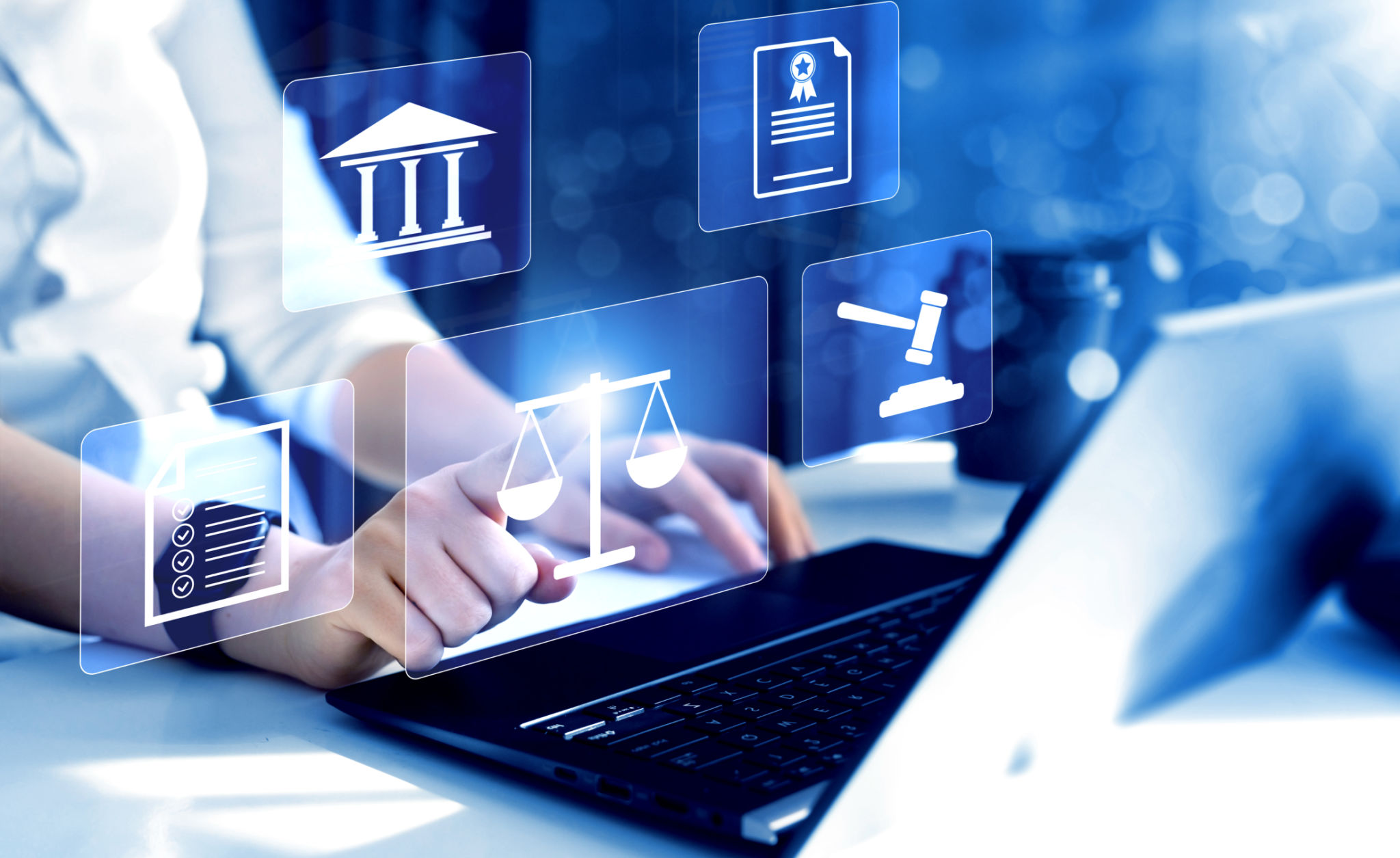The Impact of Legal AI Tools on Client Confidentiality and Data Security
The Rise of Legal AI Tools
The integration of artificial intelligence into the legal sector is reshaping how legal services are delivered. Legal AI tools are being harnessed to streamline processes, enhance efficiency, and reduce human error. From contract analysis to predicting case outcomes, these tools are proving indispensable. However, with these advancements come pressing concerns about client confidentiality and data security.

Understanding Client Confidentiality
Client confidentiality is a cornerstone of the legal profession. It ensures that sensitive information shared between a client and their attorney remains private. Breaches of this confidentiality can lead to severe repercussions, including loss of trust, legal penalties, and damage to a law firm's reputation. As legal AI tools handle vast amounts of data, ensuring they uphold confidentiality standards is paramount.
Many legal AI tools employ advanced encryption techniques to protect data. Yet, it's crucial for law firms to stay vigilant and ensure these tools are regularly updated to counteract evolving cyber threats. A robust security protocol is essential to maintaining client trust and safeguarding sensitive information.
Data Security Challenges
Data security is a significant concern as legal AI tools often process large volumes of confidential information. Cyberattacks targeting law firms have become increasingly sophisticated, aiming to exploit vulnerabilities in digital systems. Legal AI tools must therefore implement stringent security measures to protect sensitive data from unauthorized access or breaches.

Several measures can be adopted to enhance data security, including:
- Implementing multi-factor authentication to prevent unauthorized access.
- Using end-to-end encryption to secure data transmissions.
- Regularly updating software to patch vulnerabilities.
Balancing Efficiency and Security
The efficiency gains offered by legal AI tools are undeniable, but they must not come at the expense of security. Law firms need to strike a balance between leveraging AI technologies and maintaining the highest standards of client confidentiality and data protection. This balance is achieved through comprehensive training for staff on data protection practices and continuous monitoring of AI systems for any potential security breaches.

Moreover, legal professionals must be proactive in understanding the capabilities and limitations of the AI tools they use. This includes being aware of how data is processed, stored, and protected by these technologies. Transparency in these processes helps build confidence in the tools used and assures clients that their information is secure.
The Role of Regulatory Compliance
Regulatory compliance plays a crucial role in ensuring that legal AI tools adhere to industry standards for confidentiality and security. Regulations like the General Data Protection Regulation (GDPR) in Europe provide a framework for handling personal data responsibly. Compliance with such regulations not only protects clients but also enhances the reputation of law firms as trustworthy custodians of sensitive information.
Law firms must remain informed about changes in regulations and adapt their practices accordingly. This includes conducting regular audits and assessments of their data protection measures to ensure compliance with current legal standards.
Looking Ahead
The integration of legal AI tools is set to continue growing, offering unprecedented opportunities for innovation in the legal field. However, as these technologies evolve, so too must the strategies for protecting client confidentiality and data security. By prioritizing both innovation and security, law firms can leverage the benefits of AI while maintaining the trust and confidence of their clients.

Ultimately, the key to successfully navigating this landscape lies in continuous education and vigilance. By staying informed and proactive, law firms can ensure that they remain at the forefront of technological advancements while safeguarding the privacy and security that their clients expect.
